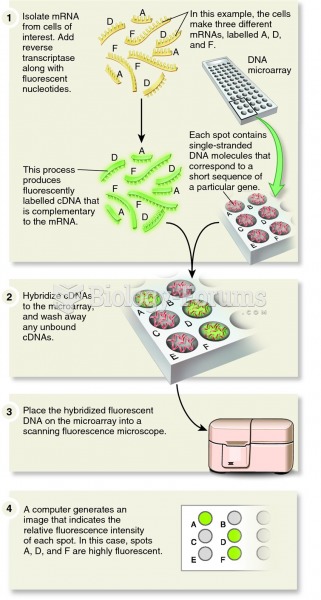This topic contains a solution. Click here to go to the answer
|
|
|
Did you know?
Aspirin is the most widely used drug in the world. It has even been recognized as such by the Guinness Book of World Records.
Did you know?
Approximately 25% of all reported medication errors result from some kind of name confusion.
Did you know?
Normal urine is sterile. It contains fluids, salts, and waste products. It is free of bacteria, viruses, and fungi.
Did you know?
The National Institutes of Health have supported research into acupuncture. This has shown that acupuncture significantly reduced pain associated with osteoarthritis of the knee, when used as a complement to conventional therapies.
Did you know?
No drugs are available to relieve parathyroid disease. Parathyroid disease is caused by a parathyroid tumor, and it needs to be removed by surgery.
 Three days after the Boston Marathon explosion, the FBI released this photograph that had been taken
Three days after the Boston Marathon explosion, the FBI released this photograph that had been taken
 Two wells are filled with related or partially identical antigens. The well on the left contains an ...
Two wells are filled with related or partially identical antigens. The well on the left contains an ...





